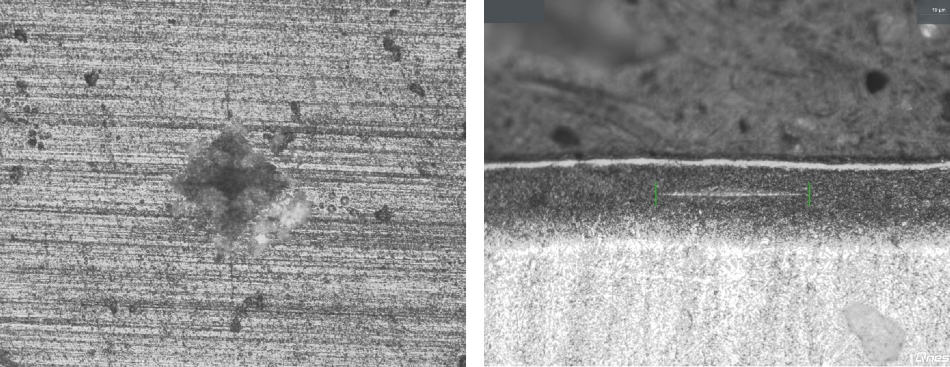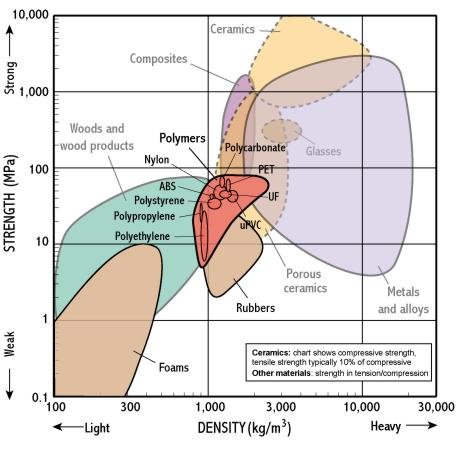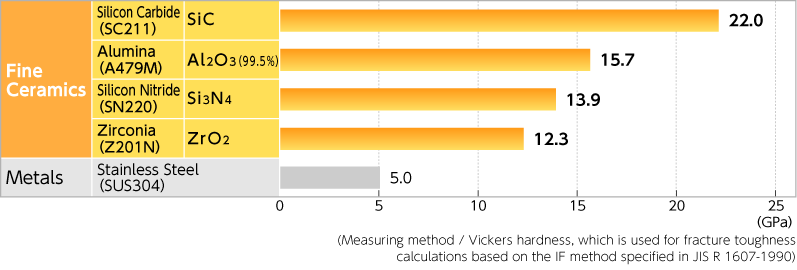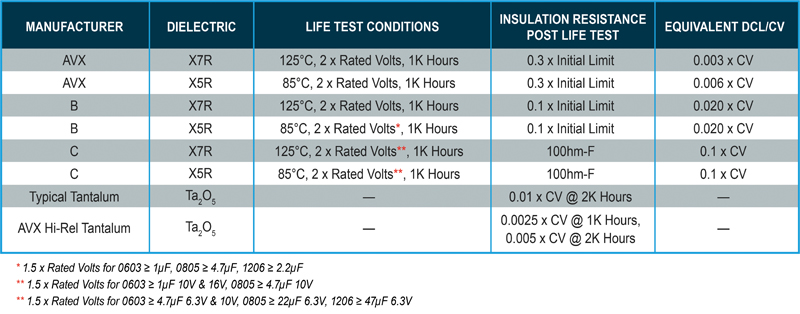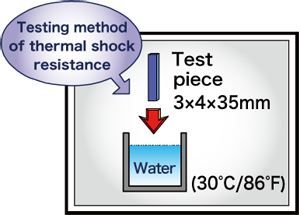Ceramic Density Test
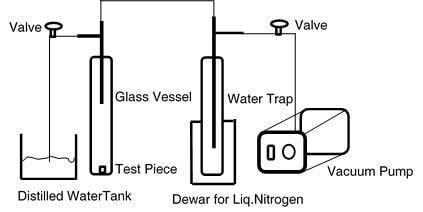
Helium under precisely known pressure is used to fill small voids within a specimen.
Ceramic density test. Or by immersing the uncoated sample in a non. In ceramic engineering the most common method for producing ceramic components is to form a green body comprising a mixture of the ceramic material and various organic or inorganic additives and then to fire it in a kiln to produce a strong vitrified object. We have collected a number of charts detailing applications and properties for some of the most commonly used ceramic materials. Ceramics metals slurries pastes pigments plastics mineral matter building materials and other materials can be examined by this method which has density resolution of 0 0001 g cc.
C770 16 2020 standard test method for measurement of glass stress optical coefficient. C729 11 2016 standard test method for density of glass by the sink float comparator. Steatite also known as soapstone or soaprock is a metamorphic rock a talc schist. Porcelain is a ceramic material made by heating selected and refined materials often including clay in the form of kaolinite to high temperatures.
Standard test method for density of glass by buoyancy. Official august 1 2015 616 bulk density and tapped density of powders1 616 bulk density and expression of results. Note that the samples are at or very near full density at the two lowest firing temperatures. It is possible to access the bulk density of a porous ceramic sample by the archimedes method either by immersing a coated sample in a wetting liquid.
The volume of the cylinder is specified in the expression of results. These tests were all made from the same terra cotta body and fired to increasingly higher temperatures. C730 98 2013 standard test method for knoop indentation hardness of glass. Each sample fired to a higher temperature becomes more vitrified.
Density measurements of ceramics and advanced materials is amongst many other tests that can be performed on stable micro systems physical testing instruments. This information has been sourced reviewed and adapted from materials provided by stable micro systems ltd. The ldw test has more information on measuring the density of a dry ceramic. Using a non contact laser based method.
However at 2057 f 1125 c a very slight bloat is evident. Cordierite is a crystalline magnesium aluminosilicate. While the data in these charts is in most cases typical of what you will find from ceramic component suppliers it is only intended to be a general point of reference and should not be used for material selection or specification. A third kind of density is the apparent density of a dried or fired ceramic body which of course often contains many air pockets.
.jpg)


